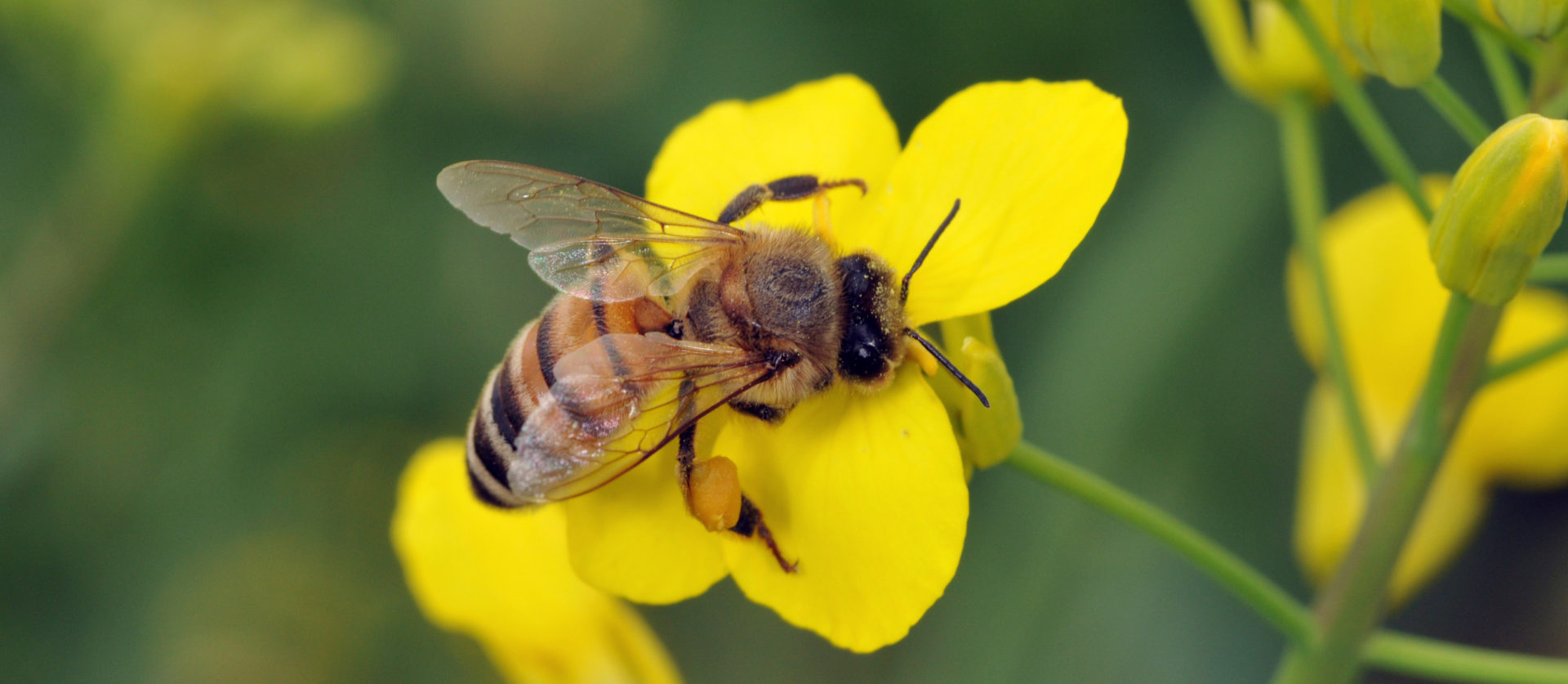We offer several services for beekeepers to test their bees. As we are developing these services, we limit the number of applications taken per year.
To inquire about any of these services, please contact us.
Mite Biting Counts
Mite biting is a highly effective Varroa resistance trait. Colonies which bite the legs of mites to a high degree tend to outperform non-biting colonies.
We offer mite biting estimates for your colonies. Our trained technicians will provide you with an estimate of daily mite drops, number of phoretic mites, and with an estimate of mite biting for each colony you sign up. We will provide back to you a high-quality report and your colony’s data (anonymized) will be used in ongoing research efforts in the lab.
Genome Sequencing
The honey bee genome was sequenced in 2006. Since that time there have been leaps and bounds in our understanding of what the honey bee genome can tell us about our colonies.
We offer beekeepers the opportunity to be among the first to have the genomes of their bees sequenced. Our trained team will send to you a collection kit with detailed instructions and a brief survey. When the collection kit is returned to us, our team will extract DNA, upload the survey data, and sequence your bee’s genome.
You will be returned a single report for each colony outlining your colony’s ancestry, relatedness to sequenced colonies in the surrounding area and around the world, and genotypes at loci contributing to heritable honey bee traits. Our highly-trained team will even help you interpret your returned data. Your anonymized samples will be used in ongoing research efforts in the lab.
‘Killer Bee’ Detection
Since the early 1990’s the so-called ‘killer’ or Africanized honey bee (a hybrid of Apis mellifera scutellata and American managed stocks) has been spread across the United States. We offer a dual genomics-based service to detect Africanized honey bees.
